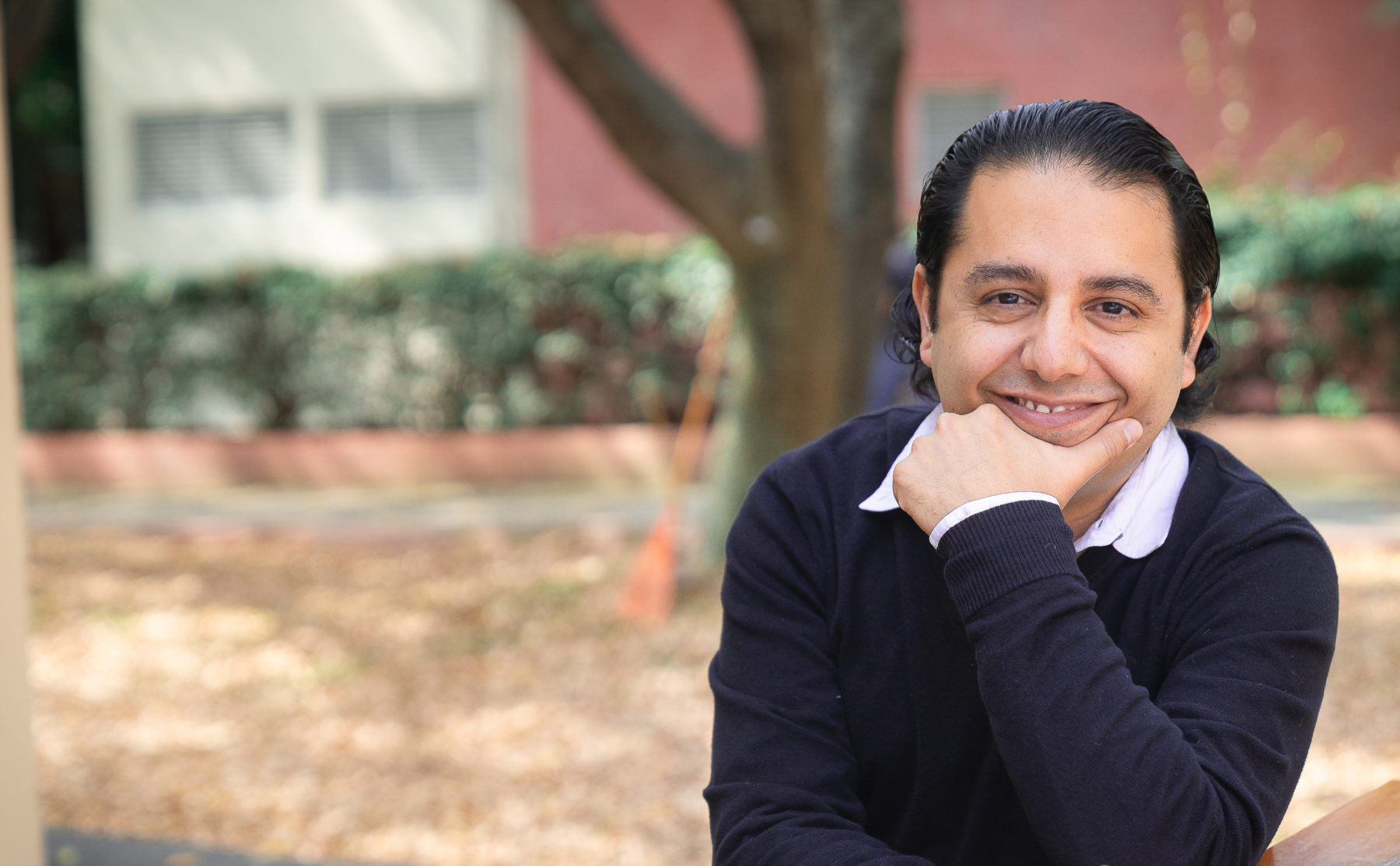En noviembre de 2017, tuve la oportunidad de participar en la conferencia id-Atlantic Popular & American Culture Association (MAPACA), que se llevó a cabo en Filadelifa. En esta conferencia presenté un trabajo sobre cómo fue que la prensa mexicana interpretó la tristemente célebre entrevista que el actor Sean Penn hizo al Chapo Guzman.

Chapo Guzmán & the Rolling Stone Magazine
Sean Penn’s Interview with Chapo Guzman: Journalism, Fiction & Reality
Chapo Guzman, one of the most prominent and famous drug lords, was captured for the third time on January 8 of 2016. One day after his arrest, the Rolling Stone magazine published on its website the only journalistic interview with Guzman ever made. This meeting was conducted by Sean Penn, a world-known Hollywood actor. Thus, through a textual analysis of 152 articles published in Mexican newspapers, this study investigates how an American popular culture celebrity was involved in a journalistic endeavor and how the Mexican press interpreted his role in constructing Chapo Guzman’s profile. The discussions performed over Sean Penn’s article contain issues that reveal ideological understandings about contemporary public opinion, politics and popular culture, as well as the relations between the United States and Mexico. The publication of this interview was controversial in the Mexican press because of two reasons. First, from the journalistic point of view, the meeting raised several questions such as the legitimacy of an interview that was performed by an actor, and not by a journalist; the ethical dilemma of interviewing a criminal; and the idea of publishing a journalistic piece in a magazine devoted to pop culture. In short, the interview was problematic because blurred the boundaries between fiction and reality: a celebrity became a journalist, and a criminal became a star. From a political point of view, the dialogue between Sean Penn and Chapo Guzman opened a vast field for speculating and questioning the “truth” behind Guzman’s detention, for debating the active participation of the United States in Guzman’s arrest and, more broadly, in the edification and maintenance of a hegemonic policy of the war on drugs.
Journalism, Fiction & Reality
